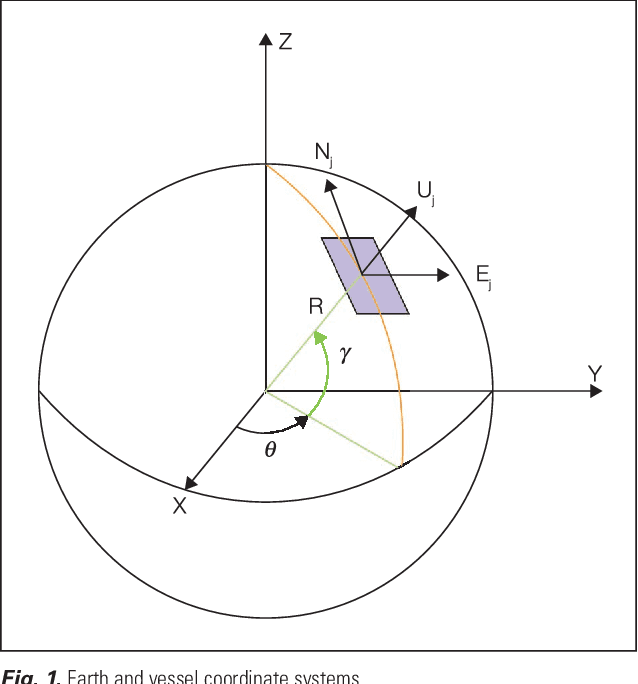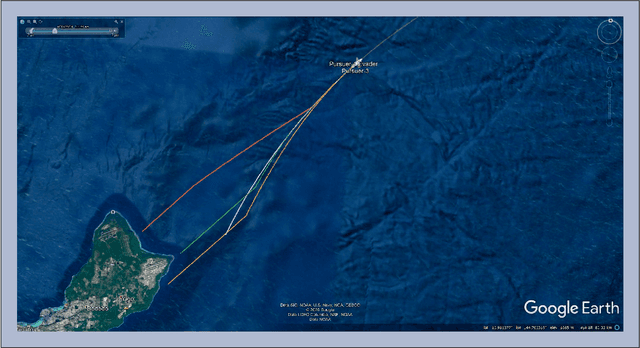Responding to Illegal Activities Along the Canadian Coastlines Using Reinforcement Learning
Paper and Code
Aug 05, 2021



This article elaborates on how machine learning (ML) can leverage the solution of a contemporary problem related to the security of maritime domains. The worldwide ``Illegal, Unreported, and Unregulated'' (IUU) fishing incidents have led to serious environmental and economic consequences which involve drastic changes in our ecosystems in addition to financial losses caused by the depletion of natural resources. The Fisheries and Aquatic Department (FAD) of the United Nation's Food and Agriculture Organization (FAO) issued a report which indicated that the annual losses due to IUU fishing reached $25 Billion. This imposes negative impacts on the future-biodiversity of the marine ecosystem and domestic Gross National Product (GNP). Hence, robust interception mechanisms are increasingly needed for detecting and pursuing the unrelenting illegal fishing incidents in maritime territories. This article addresses the problem of coordinating the motion of a fleet of marine vessels (pursuers) to catch an IUU vessel while still in local waters. The problem is formulated as a pursuer-evader problem that is tackled within an ML framework. One or more pursuers, such as law enforcement vessels, intercept an evader (i.e., the illegal fishing ship) using an online reinforcement learning mechanism that is based on a value iteration process. It employs real-time navigation measurements of the evader ship as well as those of the pursuing vessels and returns back model-free interception strategies.
 Add to Chrome
Add to Chrome Add to Firefox
Add to Firefox Add to Edge
Add to Edge